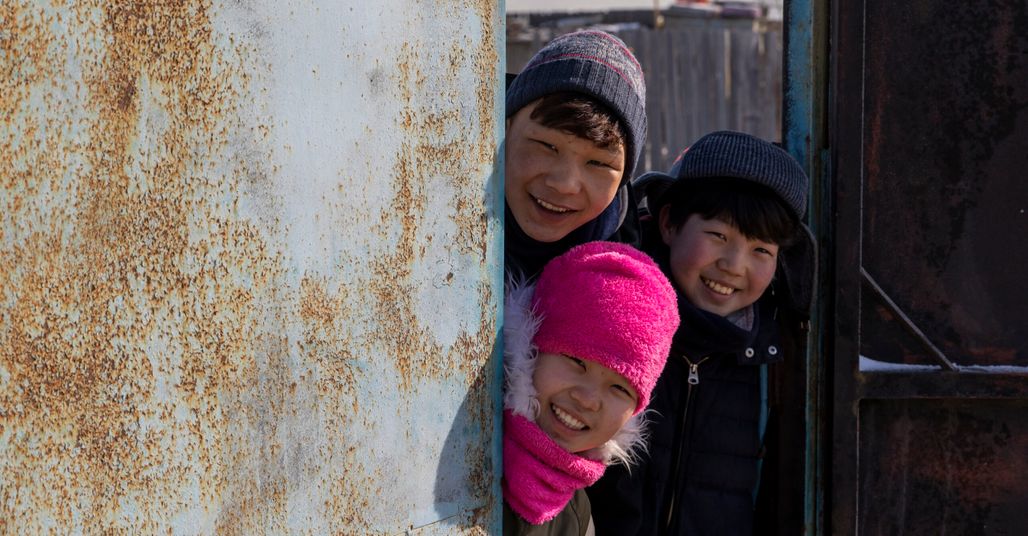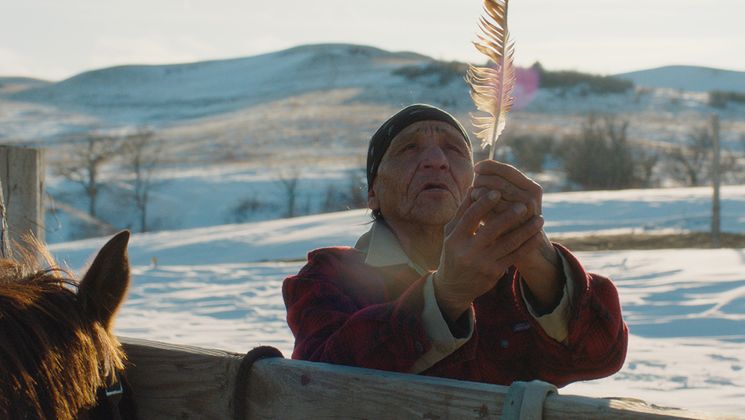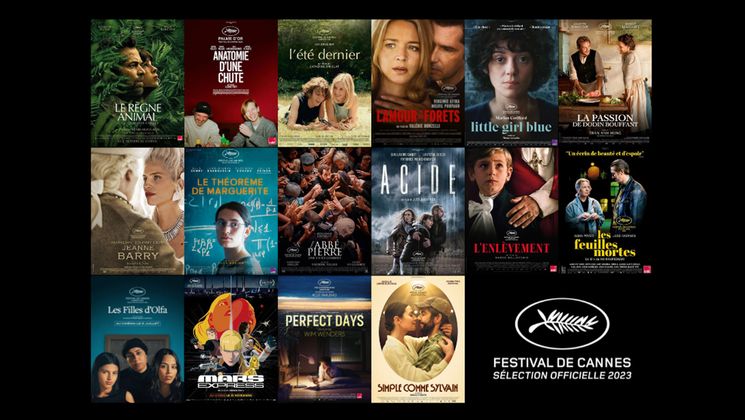
If Only I Could Hibernate, a first film by Zoljargal Purevdash

Ulzii, a teenager from a poor neighbourhood in Ulaanbaatar, Mongolia, is determined to win a physics competition to obtain a scholarship and build a better future for himself. With If Only I Could Hibernate, presented at Un Certain Regard in 2023, director Zoljargal Purevdash brought Mongolia into the Official Selection at Cannes for the first time, tackling the impact of social background in her native country. A universal and powerful debut film to be discovered in French cinemas from Wednesday.
What inspired you to begin work on this film?
Ulaanbaatar is the world’s most polluted capital, as more than 60% of the population live in the yurt district, where there is no heating system or infrastructure and where they burn coal to survive the brutal -35 °C winters. In 2016, there was the first big demonstration against air pollution with the slogan “Destroy atmospheric pollution”. Social media was filled with hateful messages and comments about the citizens from the yurt district. I grew up in this district and I still live there. I know that no one burns coal just to poison people on the other side of town. What we’re inhaling is not smoke, it’s poverty. I’m surprised that a lot of people in our town don’t understand this and simply wish that we’d disappear instead of demanding solutions like solar panels or a new energy production plant. We live in the same city, pollution is everybody’s problem, but we don’t understand this. So how do we solve our problems together? It’s for this reason that I wanted to make a film about an adolescent who lives in the yurt district and who dreams of a bright future, but who is strongly affected by the dynamic of his relationship to his family and by his social situation. With my film, I wanted my fellow citizens to understand, feel and embrace the struggles and the joys of one another.
Describe your working methods and what the atmosphere on set was like…
I’ve just made my first feature film. I think I’m yet to develop a method of working. I’m used to producing myself and I’d like to have a co-producer, which would give me the possibility of focusing solely on directing during the shoot. It’s a real challenge, but at the same time, it’s a process that affords me freedom. On set, I like creating an atmosphere that allows everyone to be open and creative and able to express their ideas. I love listening to creative and crazy ideas. If the idea is sufficiently convincing, I accept it and try it without hesitation. I think that directing a film is team work.
Please can you tell us a bit about the cast?
These children are the most professional, hardworking, purest and nicest that you could imagine. On the first day of rehearsal, I spoke to them honestly about the goal of my film. They then shared with me their feelings and their experiences, also in complete honesty. Everyone got along. Then, they got very serious and nothing can stop kids when they’re serious and honest. They were very involved in their characters.
“Whenever I see kids living precariously, I dream that I can bring them positive feelings thanks to my film being shown on TV.”
What would you like people to remember from your film?
What is taken away from a film depends on the person watching it. If Only I Could Hibernate has several levels. It’s not only a story that takes place in Mongolia, it’s a story that could take place anywhere in the world. I think it’s really great that the public can discover each layer and talk about it openly and freely.
What inspired you to become a filmmaker?
I was a kid who loved watching movies. It made me happy, did me a lot of good and sometimes gave me a lot of hope in difficult moments. Whenever I see kids living precariously, I dream that I can bring them positive feelings thanks to my film being shown on TV. I felt the power of cinema and I was astonished to see to what point it could change people. As a teen, I started working to make my dreams a reality and I was lucky enough to get a scholarship to go study directing in Japan.


